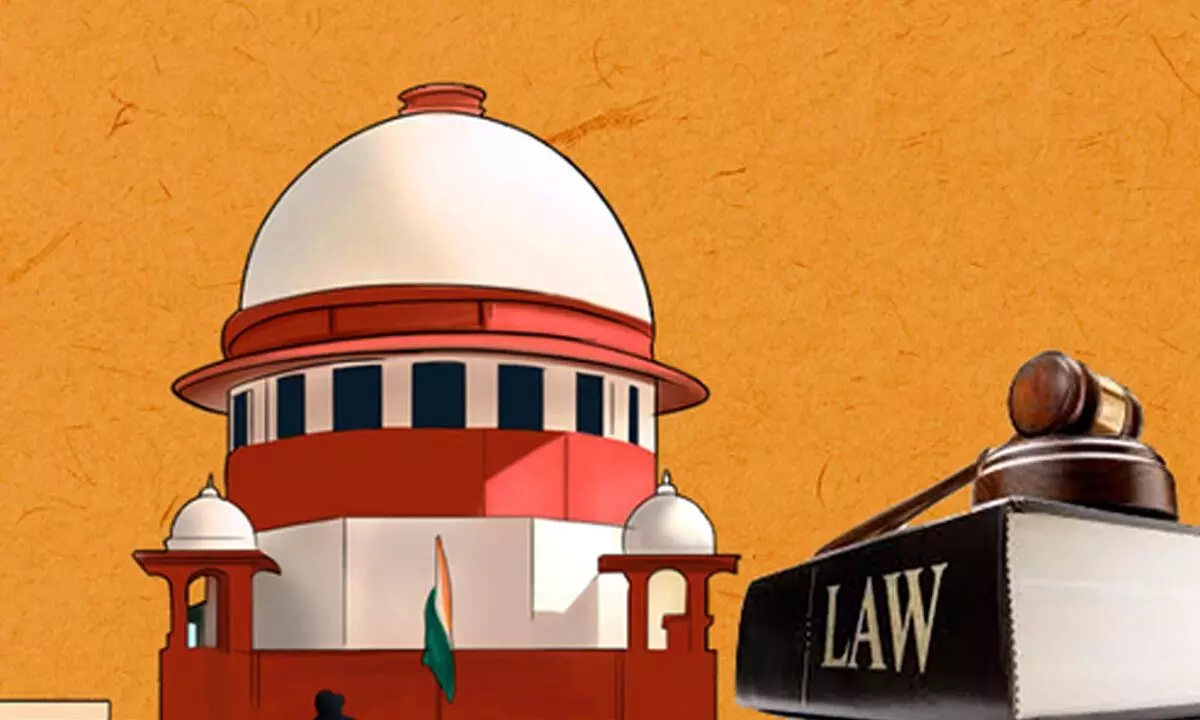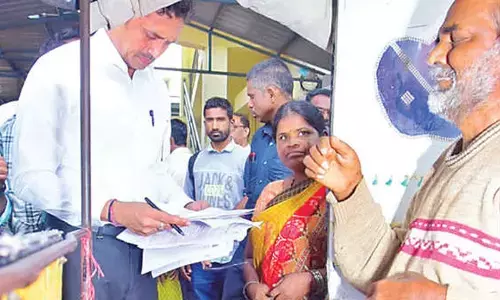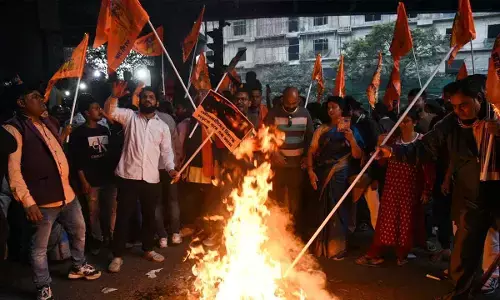Supreme Court upholds validity of key provisions of Insolvency and Bankruptcy Code, 2016
Share :

Supreme Court of India
The Supreme Court on Thursday refused to read down several key provisions of the Insolvency and Bankruptcy Code (IBC) pertaining to the personal guarantors' Insolvency Resolution Process.
New Delhi: The Supreme Court on Thursday refused to read down several key provisions of the Insolvency and Bankruptcy Code (IBC) pertaining to the personal guarantors' Insolvency Resolution Process.
A bench, headed by CJI D.Y. Chandrachud, upheld the constitutionality of the impugned provisions saying that the IBC does not suffer from vices of arbitrariness.
It held that it could not “rewrite” legislation by reading into an opportunity of hearing to be given to the personal guarantors.
The petitioners challenged several provisions of the Code saying that they not only failed to uphold the principles of natural justice but also infringed upon fundamental rights guaranteed under Articles 21, 14, and 19 (1) (g) of the Constitution.
Further, the petitioners had told the apex court that IBC provisions obstruct the right to livelihood and life guaranteed under Article 21 of the Constitution by imposing moratoriums and insolvency proceedings without a fair opportunity to be heard.
It was contended that Sections 95(1), 96(1), 97(5), 99(1), 99(2), 99(4), 99(5), 99(6), and 100 of the IBC failed to uphold the principles of natural justice and due process was absent in the application of these provisions.
Senior advocate Abhishek Manu Singhvi, representing the petitioners, had submitted that Section 95 which deals with the existence of debt, lacked a formal hearing and initiated the appointment of a Resolution Professional (RP) without allowing the purported guarantor to present their case.
Singhvi also raised concerns over "intrusive questions" by RPs and threats to individual privacy.
On the other hand, Solicitor General Tushar Mehta, appearing on behalf of the Centre and the SBI, had submitted before the court that a time-bound resolution of insolvency constitutes the heart and soul of the IBC.
He argued that a moratorium under Section 96 unlike Section 14 is to the benefit of the guarantor or the debtor.
The Parliament introduced the IBC in 2016 to fast-track the resolution of insolvencies and tackle the piling of bad loan cases in the country that had hugely impacted the banking system. The Code intends to protect the interests of small investors and make the process of doing business less cumbersome. When a default in repayment occurs, creditors gain control over the debtor’s assets and must make decisions to resolve insolvency. Companies have to complete the entire insolvency exercise within 180 days under the code. However, the deadline may be extended if the creditors do not raise objections to the extension. Under the provisions, the debtor and creditor both can start recovery proceedings against each other.

















